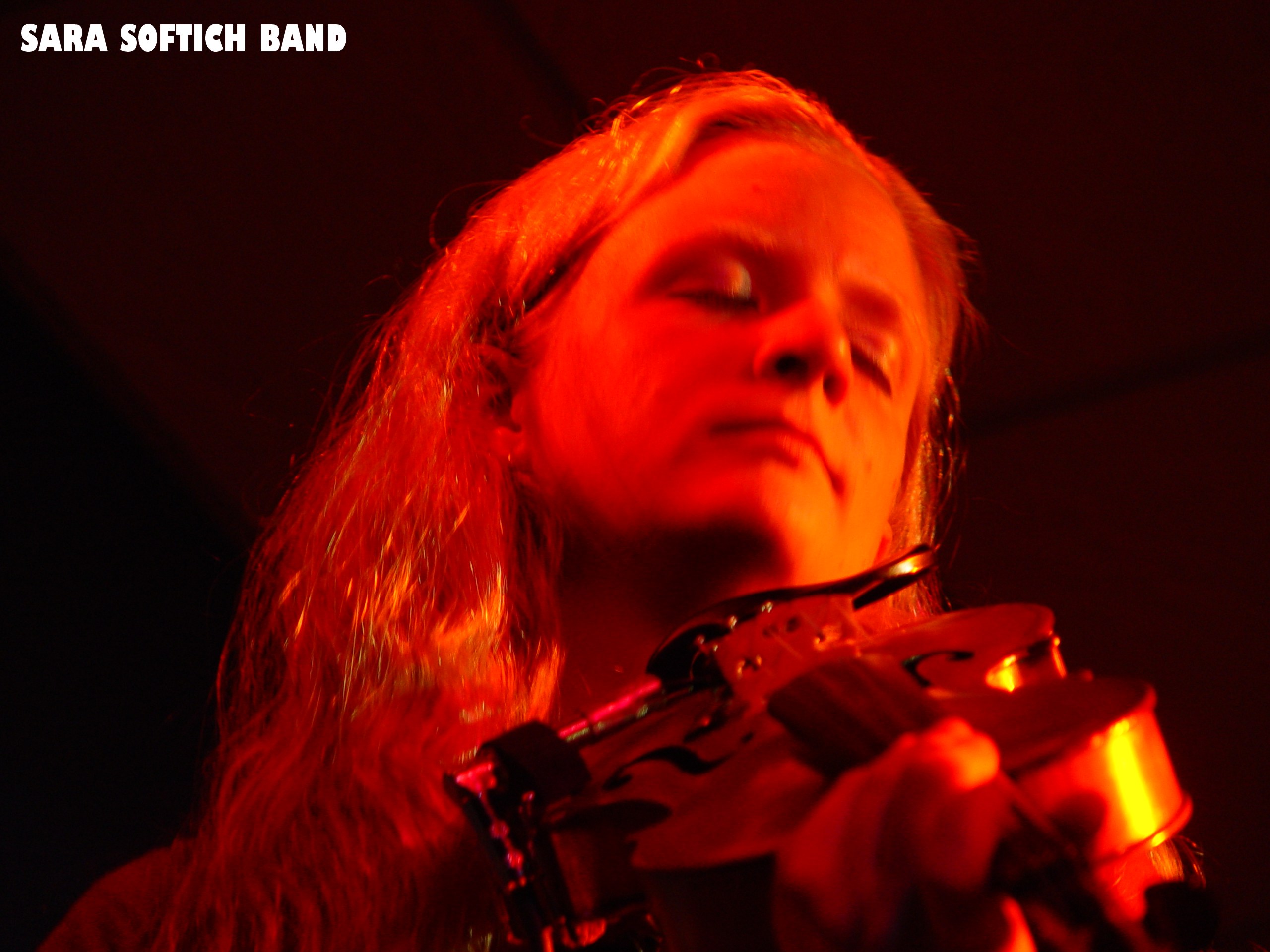Mix Tape: Mark Lindquist, Sara Softich
Chris Godsey, our northern Mix Tape correspondent, reviews new CDs by Duluth artists: Mr. Lindquist in his "Little Black Books" avatar, and Sara Softich.


Little Black Books
Black Out
self-released
When Duluth punk Mark Lindquist releases a box set–the collected output of his bands Giljunko, Mr. Lindquist, The Lindquists, Little Black Books, and whatever other combo he’s created and creates between now and when the set comes out–buy it. You’ll own a document that reflects much of what’s been most cool about Duluth’s music scene since the early 1990s.
Little Black Books is nominally a different band from those other ones: some players are different here and there; old songs appear in new arrangements; in his tortured mind and artistic intentions, the whole thing might be wildly different from what he’s done before.
But here’s what never changes from one Lindquist incarnation to another: you’ll wonder how a guy who plays with his dick (figuratively) so far out of his pants, and who writes such good songs–like, ones that are never sappy or really even all that serious, but that can still put tears in your eyes if you’re in the right mental place–hasn’t gotten more attention beyond Duluth.
Brief digression for the three best Lindquist lyrics ever (in no order, with an annoying lack of source reference):
“I can’t behave.”
“I get in trouble for taking too long to get the babysitter home.”
“That was the word that I heard / from the brother in the fur / hanging out at the Gangsta Spur / he said it all begins / behind The Twins / you trade a bottle of gin / for a night full of sin.”
Black Out is very good and vintage Lindquist from front to back. Lots of jangling dissonance, double-tracked vocals, and lyrics like literature (it’s a crime of Lindquist and his buddy Craig Finn, of The Hold Steady, never write and sing/shout together). Songs two through four–“The String,” “Promise,” “Toughen Up,” and “Sentenced”–comprise a tour de rage of pathetic lives lived in a self-imposed misery of bad decisions and low expectations. Lindquist smokes and drinks too much, and his voice shows it. He records and produces well, but with intentional rough edges and frayed ends. He and his guitar and his band mates do Westerberg-style sad, fucked-up beauty better than most of the countless other musicians who will never write or perform outside the Replacements’ inevitable shadow.
Sara Softich
Pipe Dream
self-released
In a city of broadly diverse musical talents and genres–that’d be Duluth–Sara Softich is unusually talented and diverse. Not the Beck-eclectic kind of diverse (re-uniting hip-hop and twangy folk in ways that make their shared roots obvious), but diverse in exploring multiple, distinct flavors of countrified Celtic folk-type stuff that pleasantly defies definition.
On last year’s Rusted & Bent, especially on songs like “Whiskey,” “Dead,” and “Sleep,” Softich nicely illustrates how well country music applies to her Iron Range roots. For anyone whose ideas about country are still narrow, she proves that fiddle, banjo, guitar and piano (often in lovely 3/4 time) aren’t the exclusive domain of the South; they’re for anyone with plaintive stories to tell.
Pipe Dream Is also waltzy and sad, but with a bit less twang, a bit more Eire, and some brief moments of mellow experimentation. The songs play just fine when sun shines, although they won’t really sound right till a rainy day–especially on one of those drives where you and your sweetie zone out in a dotted-line drone instead of talking. Softich is a perfect vessel for conveying the beautiful melancholy running deep through northern Minnesota’s people and geography: unfailingly friendly, austerely attractive enough to seem unattainable, smiling while she makes her violin weep.
“Corraine’s Waltz” is the most moving song on a disc full of them, a gorgeous instrumental that most songwriters probably would have mucked by not allowing it to speak for itself. It’s a compliment to Neko Case to say that “Ireland,” “Down in the Cellar,” and “Shamus” sound like her. Softich’s voice is perfect in these songs–always understated and solid, stirring but never saccharine.
On “Ireland,” Softich sings, “Oh we tried so hard / I don’t wanna sing no more / sign the papers tomorrow morn / ruby necklace on the floor / hear the burning of the fiddle strings / chop the piano for kindling / got a gallon of gasoline / divorce is better than death.”
All that destructive passion and horrifying action stand in nicely for things people up north seldom express directly. They also convey Softich’s flavor quite well: lovely, somewhat gothic, and impossible to easily describe.